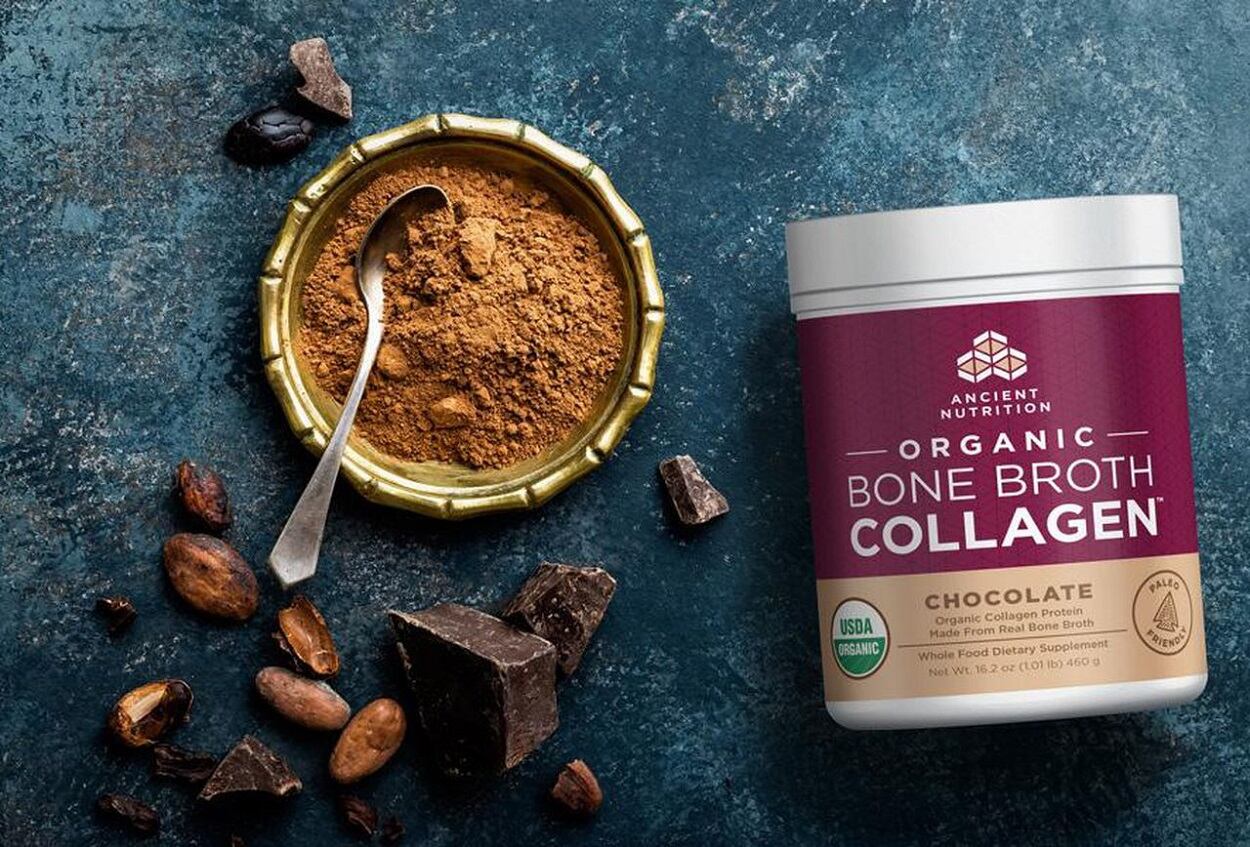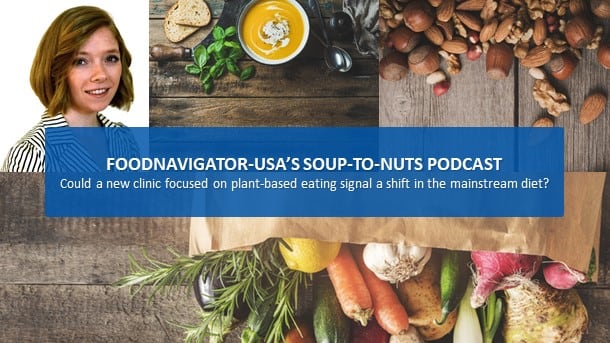To find out, researchers at Case Western Reserve's Department of Nutrition recruited thirty adults diagnosed with hypertension (aged 18-60) to receive nutrition counseling from two registered dietitians trained to provide lifestyle modification information based on the DASH (Dietary Approaches to Stop Hypertension).
THE 'DASH' DIET:
The DASH diet encourages consumption of fruits, vegetables, whole grains, and low-fat dairy and protein foods and limits foods high in saturated fat, sweets, and sugar-sweetened beverages.
According to the study published in the Journal of Nutrition Education and Behavior, individuals diagnosed with hypertension don't usually receive intensive nutrition counseling despite strong evidence supporting dietary and lifestyle interventions as an effective way to treat hypertension. Another study of primary care visits, observed that nutrition counseling occurred for 31% of patients with hypertension and lasted for an average of one minute.
"Primary care providers face multiple barriers when delivering nutrition information to patients, including lack of training on how to provide lifestyle behavior counseling combined with lack of time to interact with the patient," said lead author Rosanna P. Watowicz, PhD, RDN, LD, Department of Nutrition, Case Western Reserve University.
Study participants received three free nutrition counseling sessions over 12 weeks from the trained registered dietitians at one of three local grocery stores. Each session was followed by an assessment of progress towards their individual health goals, which were shared with the participant's primary care provider to include in his or her personal records.
"This study's aim was to evaluate the effectiveness of a nutrition counseling program provided by a registered dietitian in the familiar setting of a grocery store," said Dr Watowicz.
The retail business of 'health and wellness'

According to a 2017 FMI report, nearly 90% of supermarkets have established health and wellness programs for customers, employees, or both, up from 54% three years ago. Additionally, 81% of retailers in its '2017 Report on Retailer Contributions to Health & Wellness' view supermarket health and wellness as a significant business growth opportunity and identify retail registered dietitians as the most effective promotion vehicle of health and wellness activities in their stores.
Are grocery nutrition counseling programs effective?
Diet quality was assessed using the Healthy Eating Index-2010, a comprehensive measure of overall diet quality compared to the Dietary Guidelines for Americans. Patients completed a food frequency questionnaire, documenting food and beverages consumed at least once during the previous three months, prior to beginning the study and at the end of the study. Blood pressure measurements were also taken.
Of the initial 30 participants enrolled in the study, 21 completed all three RDN visits and the follow-up study visit.
At the end of 12 weeks of nutrition education, patients' eating habits significantly improved, according to researchers. Intake of whole fruit, greens and beans, whole grains, fatty acids all increased for the 21 patients that completed the study and consumption of refined grains and empty calories decreased, noted researchers.
Blood pressure measurements also decreased during the study, but due to the small sample size the differences were not statistically significant, said researchers.
Additionally, patients reported a high level of compliance in taking their hypertension medication as prescribed during the study.
Although this study was not powered to detect significant changes in SBP (systolic blood pressure), it showed that lifestyle modification can have a significant impact on diet quality and hypertension-related dietary factors.
"Providing education at the grocery store offers a convenient location on a schedule with more flexibility than a primary care office and reinforces dietary changes in the environment where food decisions are made," said Dr Watowicz.
"This strategy should be researched with other health conditions."



